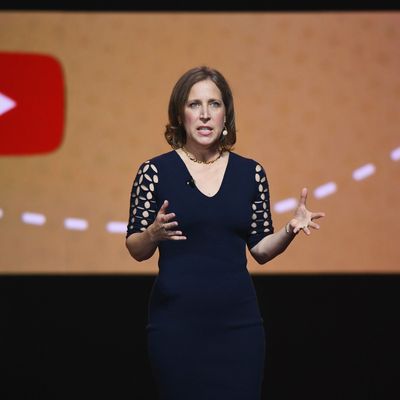
It’s only Wednesday, but YouTube has been having a hell of a week. On Monday, the New York Times published a big investigation showing how YouTube’s automated software was “an open gate for pedophiles,” assembling compilations of home movies featuring children. Last night, YouTube unsuccessfully tried to justify why it continued to host homophobic, racist harassment from Stephen Crowder against Vox writer Carlos Maza. Both situations have made the perpetually embattled video site look terrible.
It makes sense then that YouTube would pull out all the stops in its efforts to rehabilitate its image and pull out of the tailspin. So today, YouTube announced that it is banning hateful and supremacist videos.
Today, we’re taking another step in our hate speech policy by specifically prohibiting videos alleging that a group is superior in order to justify discrimination, segregation, or exclusion based on qualities like age, gender, race, caste, religion, sexual orientation or veteran status. This would include, for example, videos that promote or glorify Nazi ideology, which is inherently discriminatory. Finally, we will remove content denying that well-documented violent events, like the Holocaust or the shooting at Sandy Hook Elementary, took place.
In addition, YouTube says it is working harder to reduce the reach of “borderline” content, which might not violate its rules but is clearly harmful (misinformation about medical treatment, for instance). It is supposedly reducing the monetization options for channels that “repeatedly brush up against” its hate-speech policies. Three heils and you’re out, so to speak — although it’s more like 10 … or 100.
YouTube would like to be commended for this brave stance, but it’s tough to take the site’s word on any of this. All of the language is evasive and the changes are still in the process of being rolled out, so who knows what will be enforced against whom and when. It’s probable that these changes have been in the works for a while, but when they’re deployed immediately after a deluge of bad press, it’s easy to be cynical about whether YouTube will follow through effectively, or if the company is just trying to shunt criticism.





























